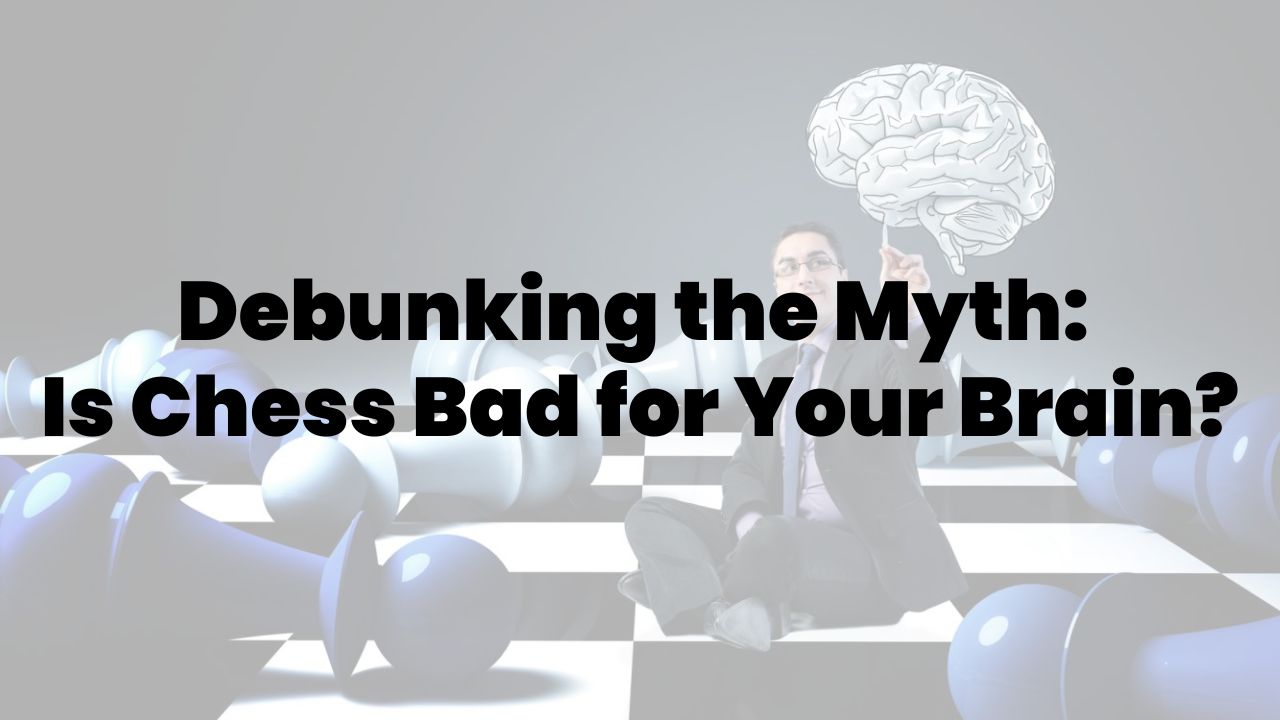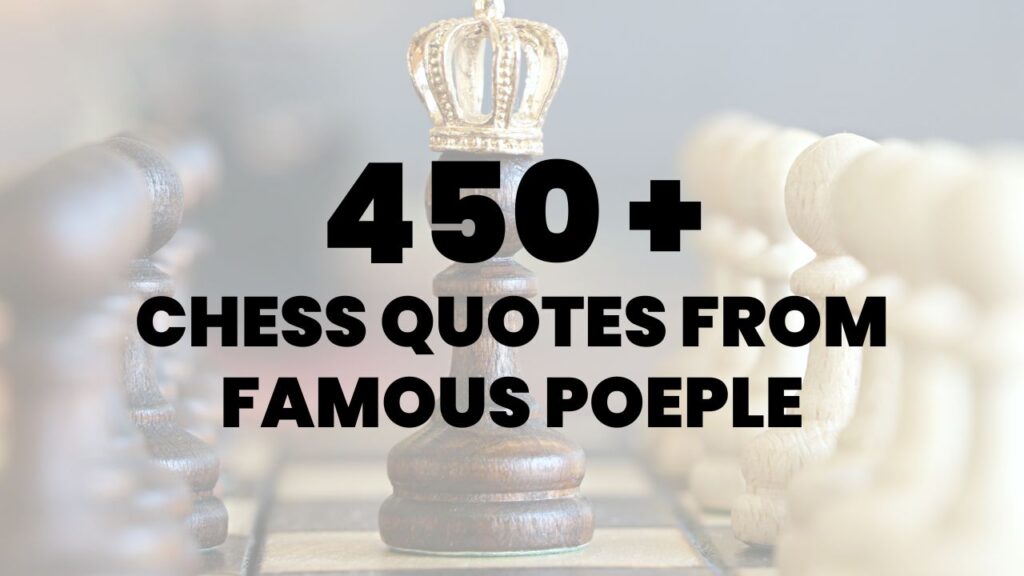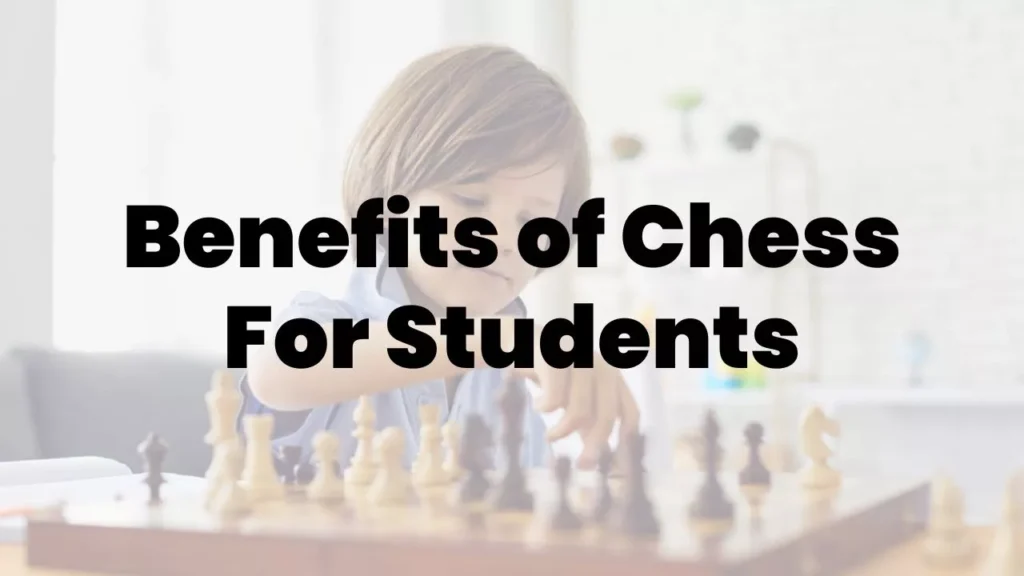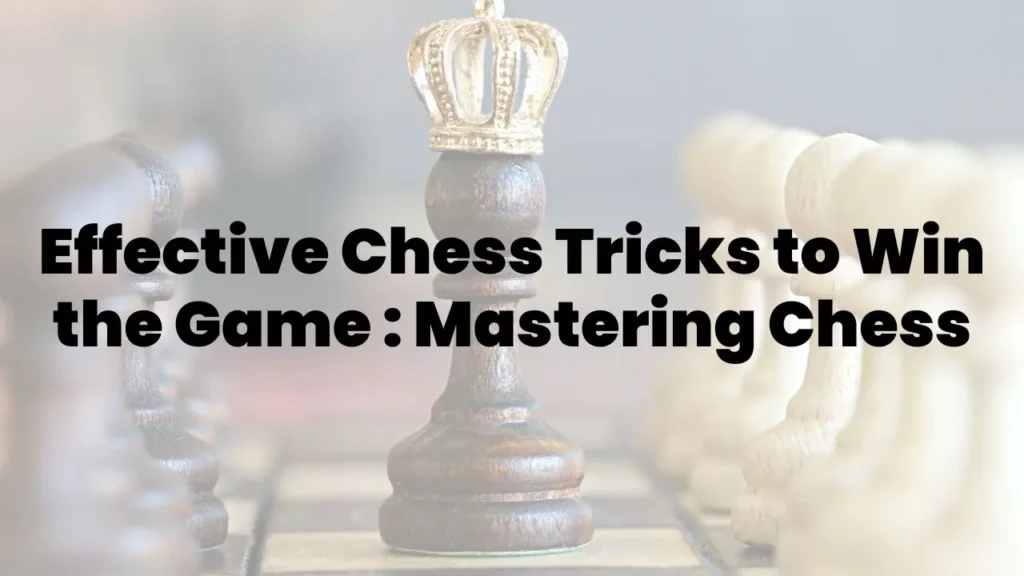Is Chess Bad for Your Brain?

Is Chess Bad for Your Brain? The short answer to this question is NO, it’s NOT. Chess, a game celebrated for its intellectual challenges and strategic depth, has been a subject of speculation when it comes to its impact on the brain. Some critics argue that chess may be detrimental to the brain, asserting that the game’s complexity and intense concentration requirements could potentially have negative consequences. In this article, we will debunk the myth and explore the scientific evidence that highlights the positive effects of chess on the brain.
1. Cognitive Stimulation and Mental Agility
Contrary to the belief that chess strains the brain, it is widely recognized as a potent stimulant for cognitive function and mental agility.
a) Memory Enhancement:
Chess involves memorizing and recalling numerous moves, strategies, and patterns. Regular chess practice challenges the brain’s memory capacity, improving both short-term and long-term memory functions.
b) Problem-Solving Skills:
Chess is essentially a series of complex problems that require players to think critically and strategize. Engaging in chess trains the brain to analyze situations, identify patterns, and develop effective problem-solving skills.
c) Attention and Concentration:
Chess demands sustained attention and concentration, as players need to assess their current position, plan ahead, and anticipate their opponent’s moves. By engaging in chess, individuals can enhance their ability to focus for extended periods, which can have a positive impact on other areas of life as well.
d) Logical and Analytical Thinking:
Chess is a game of logic and analysis. Players must assess the consequences of each move, evaluate multiple possibilities, and make informed decisions. Regular chess practice hones logical and analytical thinking skills, which are transferable to various real-life scenarios.
2. Brain Development and Neuroplasticity
Chess offers a unique opportunity to promote brain development and harness the brain’s remarkable ability to adapt and rewire itself, known as neuroplasticity.
a) Executive Functioning:
Engaging in chess strengthens executive functions, which include skills such as planning, problem-solving, decision-making, and self-control. These cognitive processes are crucial for academic and professional success.
b) Neural Connections:
Research suggests that chess promotes the formation of new neural connections in the brain. The constant engagement and mental exercise involved in playing chess contribute to the rewiring of the brain’s neural pathways, potentially leading to increased cognitive abilities.
c) Brain Resilience:
Chess provides a challenging mental workout, promoting brain resilience and potentially reducing the risk of cognitive decline. Studies have indicated that regular chess players may experience a slower rate of cognitive decline in later years.
3. Psychological and Emotional Well-being
In addition to the cognitive benefits, chess has a positive impact on psychological and emotional well-being.
a) Stress Reduction:
Chess offers an engaging and absorbing activity that allows individuals to divert their attention from daily stressors. Immersed in the game, players experience a sense of relaxation and mental stimulation, promoting stress reduction and improved overall well-being.
b) Emotional Regulation:
Chess teaches individuals to manage their emotions in the face of challenges. The game presents constant setbacks and victories, allowing players to develop emotional resilience, patience, and the ability to maintain composure under pressure.
c) Social Interaction:
Chess provides opportunities for social interaction, whether through friendly games, tournaments, or online communities. Engaging with other chess enthusiasts fosters a sense of camaraderie, promotes social connections, and contributes to overall mental and emotional well-being.
Conclusion ( Is Chess Bad for Your Brain? )
Contrary to the misconception that chess is bad for the brain, scientific evidence demonstrates that chess offers numerous cognitive, neural, and emotional benefits. From enhanced cognitive stimulation and mental agility to promoting brain development and resilience, chess has a positive impact on the brain.
want to learn chess? Join the best chess academy in Mumbai SMCA today.



